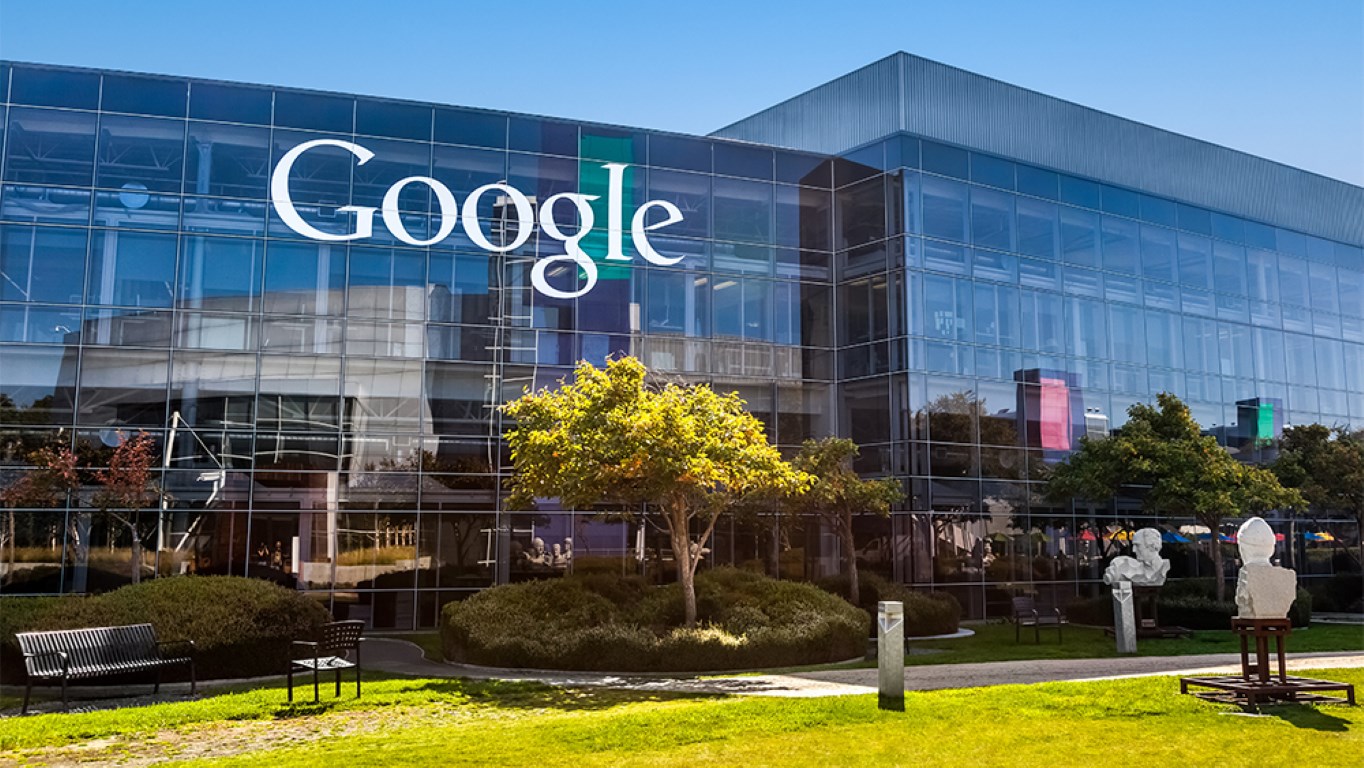Alphabet reports profits amid privacy concerns
April 24, 2018 | Expert Insights

Alphabet Inc., Google’s parent company, dismissed growing concerns over privacy after reporting an 84% rise in profits in the last quarter.
Background
Alphabet Inc. is an American multinational conglomerate headquartered in Mountain View, California. It was founded in 1998 by Larry Page and Sergey Brin. It was created through a corporate restructuring of Google in October 2015 and became Google’s parent company and several former Google subsidiaries. The two founders of Google assumed executive roles in Alphabet, with Larry Page serving as CEO and Sergey Brin as President.
Alphabet's portfolio includes several industries, such as technology, life sciences, investment capital, and research. Some of its subsidiaries include Google, Calico, Chronicle, GV, CapitalG, Verily, Waymo, X, and Google Fiber. Following the restructuring, Page became CEO of Alphabet and Sundar Pichai took his position as CEO of Google. Shares of Google's stock have been converted into Alphabet stock, which trade under Google's former ticker symbols of "GOOG" and "GOOGL".
In the second quarter of 2017, Alphabet declared that it made US$3.5 billion in net income and saw sales of US$26 billion. In June 2017, the European Union antitrust regulators slapped Alphabet with a record US$2.7 billion fine. The verdict was for the first of three investigations currently being conducted on the search giant. The European regulator accused the company of using its dominance in the industry for pushing its own advertising business. According to the European Commission, Google uses its considerable clout to promote its own services at the cost of other businesses. Read more: Google’s antitrust problems.
The establishment of Alphabet was prompted by the need to make the core Google Internet services business "cleaner and more accountable" while allowing greater autonomy to group companies that operate in businesses other than Internet services.
Analysis
Alphabet reported its first quarter earnings, beating market expectations. The stock initially showed 3%, but seesawed before, during, and after the company’s earnings call. Although the company witnessed strong sales growth, its traffic acquisition costs continued to increase as a percentage of revenue. Spending on real estate and computing power spiked as well.
The company saw falling profit margins in recent quarters as it ramps up new projects in cloud computing and hardware at its core Google unit, and regardless of spending cuts on unprofitable ancillary initiatives known as “other bets.”
In its latest quarter, Alphabet reported earnings per share of US$9.93, revenue of US$31.15 billion, and operating income for 2018 came in at US$7 billion. In addition, the price for clicks and views of ads sold by Google increased in its favor as advertisers pursued ad slots on its search engine, YouTube video service, and millions of partner apps and websites.
Because of a new accounting rule, Alphabet was required to report its unrealized gains and losses from its investments. The company posted a one-time gain on equity securities of US$3 billion, which is likely in large part due to its 2013 investment in Uber. Read more: Google Vs Uber.
Google's advertising business derived most of its revenue, posting US$26.642 billion in the quarter, up nearly 20% year-over-year. Its other revenues, which include cloud business and hardware sales was nearly US$4.3 billion.
Investor views for Alphabet have worsened due to cost and regulatory concerns as regulators seek to force changes in Google’s business practices, such as giving customers more control over privacy of their data. Shares had fallen nearly 3.5% this year.
Initially, US lawmakers questioned Google and rival Facebook Inc at a hearing on how British data analysis firm Cambridge Analytica was able to acquire data on unwitting Facebook users. Read more: Cambridge Analytica.
Google was exempted, but analysts believe that Google may not escape European Union regulators, which plan to enforce a new data privacy law in May. Advertisers are also likely to limit ad-buying while sorting out their own compliance with the new European policy, known as General Data Protection Regulation (GDPR).
However, any fall in the price of shares is expected to be temporary because of the effectiveness of internet advertising compared to declining media such as print and broadcast. Alphabet’s first-quarter results reinforced advertisers’ attraction to Google’s powerful systems, which could help it rebound from any privacy setbacks.
Assessment
Our assessment is that there was no direct impact of the recent data mining controversies on Alphabet’s quarterly results. However, there are impending concerns surrounding Europe's upcoming GDPR privacy rules on Google. The regulation could prompt users to reject receiving personalized ads online, costing Google billions of dollars in annual sales. There are varied opinions on whether tech giants like Google and Amazon are at fault for their tactics to generate more revenue.








Comments